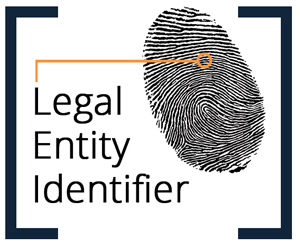By Douglas Schneller, Partner, Rimon Law
Bankruptcy plans and contracts approved by bankruptcy courts routinely include “retention of jurisdiction” provisions, but a case decided last month, Gupta v. Quincy Med. Ctr. (“Gupta”), reminds us that the jurisdiction of a bankruptcy court is not unlimited merely by reciting the words. In the Gupta decision, the First Circuit held that unless the dispute involves or affects the debtor’s estate or requires interpretation of a bankruptcy court order or bankruptcy law underlying the dispute, the appropriate venue to consider the dispute may be state court, even against the expectations or wishes of the parties.
In this case, the parties entered into an agreement for the sale of assets by the seller and in the contract, the buyer agreed to pay severance to any employees of the seller that were fired after closing. Literally the day after signing the agreement, the seller (the ‘debtor’) filed voluntary Chapter 11 petitions and a sale motion under the Bankruptcy Code seeking approval of the asset purchase agreement. The Bankruptcy Court approved the agreement and sale, which then closed. The Bankruptcy Court’s order, as well as the order confirming the proposed Chapter 11 plan of reorganization, each contained a provision that the Bankruptcy Court would retain jurisdiction over disputes.
You can guess what happened next. After the closing of the asset sale, the buyer terminated the seller’s executives, effective as of the closing date and refused to pay severance. Inevitably, the lawsuits followed. Although the Bankruptcy Court decided it had jurisdiction to hear the claims based on the ‘retention of jurisdiction’ clauses, on June 2, 2017, the First Circuit Court of Appeals decision concluded that the Bankruptcy Court lacked subject matter jurisdiction. The First Circuit vacated the judgments against the buyer and remanded the case with instructions to dismiss the claims against the buyer. In short, the court concluded that the contract language in the asset purchase agreement was not sufficient by itself for the Bankruptcy Court to retain jurisdiction to hear disputes, because a bankruptcy court cannot retain jurisdiction it never had. Indeed, the court noted that the claims could well have arisen entirely outside of bankruptcy and could be decided solely under Massachusetts contract law.
There is a lot more detail and analysis and if you want to read the entire Client Alert: First Circuit: Bankruptcy Court “Retention of Jurisdiction” Provision Requires More Than Mere Words and contact Douglas Schneller directly.
Of course, you should always feel free to contact me, Joe Rosenbaum, or any of the professionals at Rimon Law with whom you routinely work.



